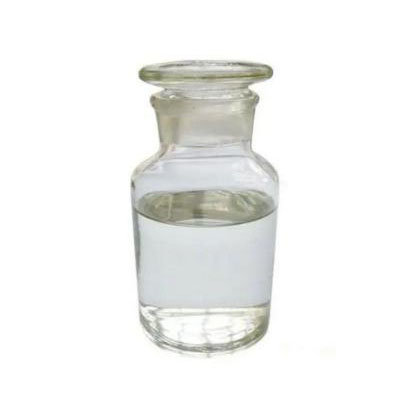The regulatory restrictions for the use of Delta Octalactone in consumer products
2023-10-23
Regulations can vary significantly from one country to another, and they may change over time. It's essential to check the specific regulations in your region and stay updated on any revisions. Here are some general considerations:
1. FDA Regulations in the United States:
- In the United States, the Food and Drug Administration (FDA) regulates the use of Delta Octalactone in food and beverages. It is generally recognized as safe (GRAS) when used within specified concentration limits. However, it's essential to adhere to the Code of Federal Regulations (CFR) and relevant guidelines for its use.
2. FEMA Guidelines:
- The Flavor and Extract Manufacturers Association (FEMA) provides safety assessments and guidelines for the use of flavoring substances, including Delta Octalactone. These guidelines are widely followed by the flavor industry.
3. EU Regulations:
- In the European Union, the use of Delta Octalactone in food products is regulated by the European Food Safety Authority (EFSA). It should comply with established maximum allowable concentrations and safety standards.
4. IFRA Guidelines:
- The International Fragrance Association (IFRA) provides guidelines and standards for the use of fragrances in consumer products, including cosmetics and perfumes. Compliance with IFRA guidelines is essential for fragrance manufacturers.
5. Safety Data Sheets (SDS):
- Manufacturers and suppliers of Delta Octalactone are required to provide Safety Data Sheets (SDS) that include information on its safe use, handling, and storage. This information is crucial for users and regulatory compliance.
6. Environmental Regulations:
- Some regions may have specific environmental regulations governing the disposal and release of substances like Delta Octalactone. Users should follow environmental regulations to minimize environmental impact.
7. Allergen Declarations:
- Depending on the region, consumer products that contain Delta Octalactone, especially cosmetics and personal care products, may be required to declare potential allergens to protect consumer safety.
8. Labeling and Packaging Regulations:
- Regulations related to product labeling and packaging, including ingredient declarations, are critical for consumer products containing Delta Octalactone.
Regulatory restrictions and guidelines can be subject to change and may vary by product type, application, and concentration. For the most up-to-date and specific information regarding the use of Delta Octalactone in consumer products, it is advisable to consult the relevant regulatory authorities, industry associations, and legal experts in your region. These entities can provide detailed and current information on compliance and safety considerations.



